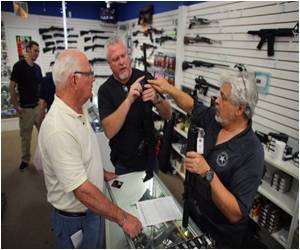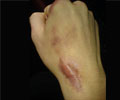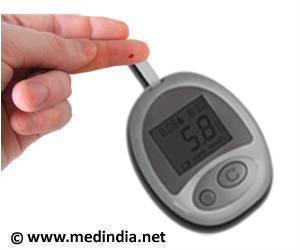A new tool helps to predict the chance of survival of a person after a gunshot wound in the head or other penetrating injury.

- Gunshots wounds are the number one cause of penetrating traumatic brain injuries.
- Determining the person’s survival rate, will help families make important decisions regarding treatment.
- A new tool, named the SPIN-Score, which stands for Surviving Penetrating Injury to the Brain will help determine a person’s chance of survival after gunshot wound.
- The SPIN-Score correctly predicted whether people would survive with an excellent accuracy of 96%.
"Gunshot wounds are the number one cause of penetrating traumatic brain injuries," said study author Susanne Muehlschlegel, MD, MPH, of the University of Massachusetts Medical School in Worcester, Mass., and member of the American Academy of Neurology.
"Much of our knowledge about surviving such injuries comes from the battlefield, not from shootings among civilians. Being better able to determine the average person's chance of survival could help doctors and families make important decisions about medical treatment." she added.
For the study, researchers looked back at 10 years of data from two level-one trauma centers, one in Massachusetts and one in Maryland. They examined the medical records of 413 people, 87% men, 56% black, with an average age of 33 years.
Everyone had been treated for a penetrating injury to the brain, in most cases caused by gunshots. They then looked to see what factors were associated with surviving the injury, both in the hospital and six months later.
1)how well a person's pupils responded to light ;
The researchers found several other predictors of survival, but the first two were so strong that the rest improved the accuracy of their prediction only slightly.
Overall, the SPIN-Score correctly predicted whether people would survive with an excellent accuracy of 96%.
The survival rate overall was 42%; no participants died in the six months after leaving the hospital.
Women had a 76% higher chance of survival, but exactly why is unclear. There was an 80% increased odds of dying if a gunshot wound was self-inflicted.
The SPIN-Score for those in the study ranged from 4 to 52. Higher scores indicated a greater chance of survival.
In the group, 98% of those with a score 35 and higher survived while only 3% with a score of 20 or less survived.
There were no patients in this group with a SPIN-Score of 16 or less who survived.
"More research is needed to validate the SPIN-Score, so for now, it remains a preliminary prediction tool," Muehlschlegel said. "Still, developing this tool is an important step toward improving overall outcomes."
Source-Medindia











